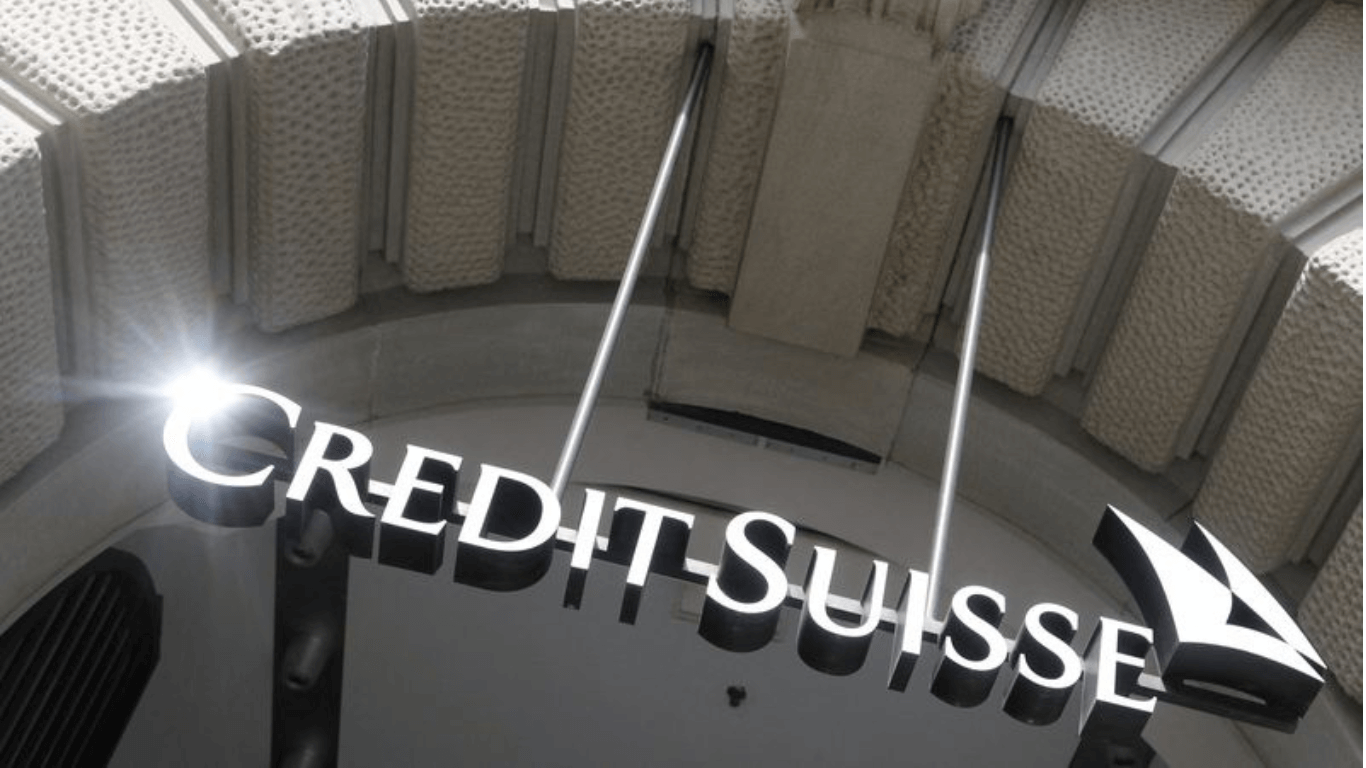
Boaz Weinstein, a hedge fund manager, doesn’t think Credit Suisse will default on its debt, but if it does, his derivatives play on the bank might make him a lot of money, demonstrating how hedge funds take advantage of unpredictable markets in an effort to provide lucrative returns.
Last year, speculators upped their wagers against the Swiss bank due to worries about the amount of capital it would require to strengthen its balance sheet in the midst of a confidence crisis that was made worse by unreliable social media claims about the bank’s financial situation.
S&P Global Market Intelligence reports that as of October 31, hedge fund managers and other speculators have borrowed more than 5% of Credit Suisse’s stock in order to short it, which is the biggest level since at least 2006.
Regarding Credit Suisse’s credit default swaps (CDS), derivative contracts that provide insurance protection and pay out when a firm default on its debt, Weinstein disclosed to Reuters that he had a dual long and short position. On the bank, he has a 2-year long and 10-year short protection. “The curve trade in Credit Suisse reflects my belief that, in the next two years, the drama surrounding Credit Suisse will come to a conclusion, for better or worse, in some fashion. I think things will turn around and they’ll get better “Weinstein revealed a portion of his trading approach.
In 2009, Weinstein served as the manager of a proprietary trading fund at Deutsche Bank that was spun off to become Saba Capital Management.
Investors looking for protection from a company or those speculating on its doom may also be attracted by the demand for its CDS. After the bank issued $2.4 billion in rights, the price of Credit Suisse’s CDS skyrocketed through the end of November, and the company’s shares hit their lowest point in 166 years.
Weinstein claims that he observed Credit Suisse’s CDS price curve become increasingly illogical as bearish bets on the company grew in late 2022: the cost of the 2-year protection for the bank was roughly equal to that of the 10-year.
According to Weinstein, Credit Suisse’s CDS and bond curves are mispriced since they suggest that the bank will continue to be viewed as hazardous for many years to come.
He, therefore, purchased the 2-year CDS and sold the 10-year CDS, a strategy known to market traders as a spread or straddle.
When markets are choppy, Weinstein’s $4.8 billion hedge fund manager performs best. His primary fund returned over 28% in 2022 despite 54 significant central bank rate increases, according to market research. Following losses in 2021 and 2019, the identical investment returned 73% in 2020, according to the study.
Investors are using CDS derivatives trades more frequently now, either to hedge against risk or to express a pessimistic outlook. According to S&P Global Market Intelligence data, approximately $30 trillion in CDS indices such the iTraxx and CDX were traded in 2022, the largest since the COVID-19 epidemic in 2020.









Amazing work
Good job 👍 it’s very informative